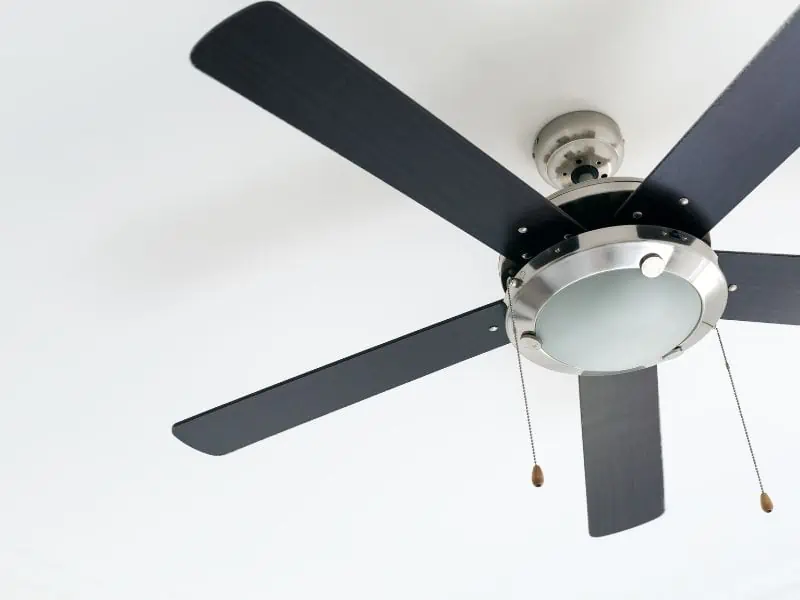Congratulations on stepping into the world of homeownership! It’s a journey filled with excitement, responsibility, and endless potential. As you settle into your new abode, there are several tips and tricks that can make transitioning into a savvy homeowner smoother.
From understanding the quirks of your home’s heating system to mastering minor repairs, this guide will arm you with the knowledge to maintain your home efficiently. Let’s dive in to ensure your investment is protected and your living space remains a source of comfort and pride.
10 Helpful Tips for New Homeowners
Congratulations on your new home! To help you settle in and maintain your space, here are ten essential tips that every new homeowner should know for a comfortable, well-kept abode.
1. The Direction a Ceiling Fan Should Turn
The direction of your electric ceiling fan is crucial for comfort. In summer, set it to rotate counter-clockwise to push cool air down. When winter comes, switch it clockwise on a low setting to pull cool air up and mix warmer air from the ceiling with the room’s cooler air.

2. Schedule Regular HVAC Maintenance
Don’t neglect your heating, ventilation, and air conditioning system. Biannual check-ups by professionals can save you from unexpected breakdowns and maintain efficiency. Also, replace filters regularly to keep the air in your home clean and your system running smoothly.
3. Keep Gutters Clean
Clogged gutters can lead to water damage along your roofline and foundation issues if water isn’t properly channeled away from your home. Clear them in spring and fall to prevent blockages. Installing gutter guards is also an effective way to minimize maintenance.
4. Understand Your Breaker Box
Understanding your breaker box is key to managing your home’s electrical system safely. It’s essential to familiarize yourself with which switches control various areas of your house. Take the time to correctly label each switch so you can safely address any electrical issues.
5. Inspect Your Roof Semiannually
Twice a year, give your roof a thorough inspection to prevent undetected damage from causing costly problems. Check for signs of wear, like missing shingles or damaged flashing, before they lead to leaks. Conduct these checks in the milder seasons for safer working conditions.
6. Caulk to Save Energy
Sealing gaps and cracks with caulk around your home is an inexpensive yet effective way to slash energy costs. Specifically target areas around doors and windows. This simple act not only conserves heat in winter but also keeps your home cooler during the summer months.
7. Test Smoke Detectors Regularly
Ensure your home’s safety by regularly testing smoke detectors at least once a month. Press the test button to confirm they sound off correctly, and replace batteries annually or as needed. Staying vigilant with these devices is a small but critical step in safeguarding against fires.
8. Know How to Shut Off the Water
In case of a plumbing emergency, it’s crucial to know how to quickly shut off the water supply to your home. Locate the main water valve and practice turning it off and on. Being able to act fast could mean the difference between a minor inconvenience and extensive water damage.
9. Have a Fire Extinguisher on Hand
Keeping a fire extinguisher within easy reach can be a lifesaver in unexpected fire situations. Make sure you have one on each floor of your home, particularly in high-risk areas like the kitchen. Regularly checking its expiry date is just as important to ensure it’s ready for action.

10. Learn Basic DIY Repairs
Embracing basic DIY repair skills can save you both time and money. From fixing leaky faucets to patching up drywall, learning these handy skills means you can tackle minor home repairs with confidence. Invest in a good set of tools and take advantage of online resources.
In Conclusion…
Now that you’re equipped with these practical tips, you’re ready to navigate the adventures of homeownership with greater ease and confidence. Remember, a well-maintained home brings not just peace of mind but also contributes to its long-term value.